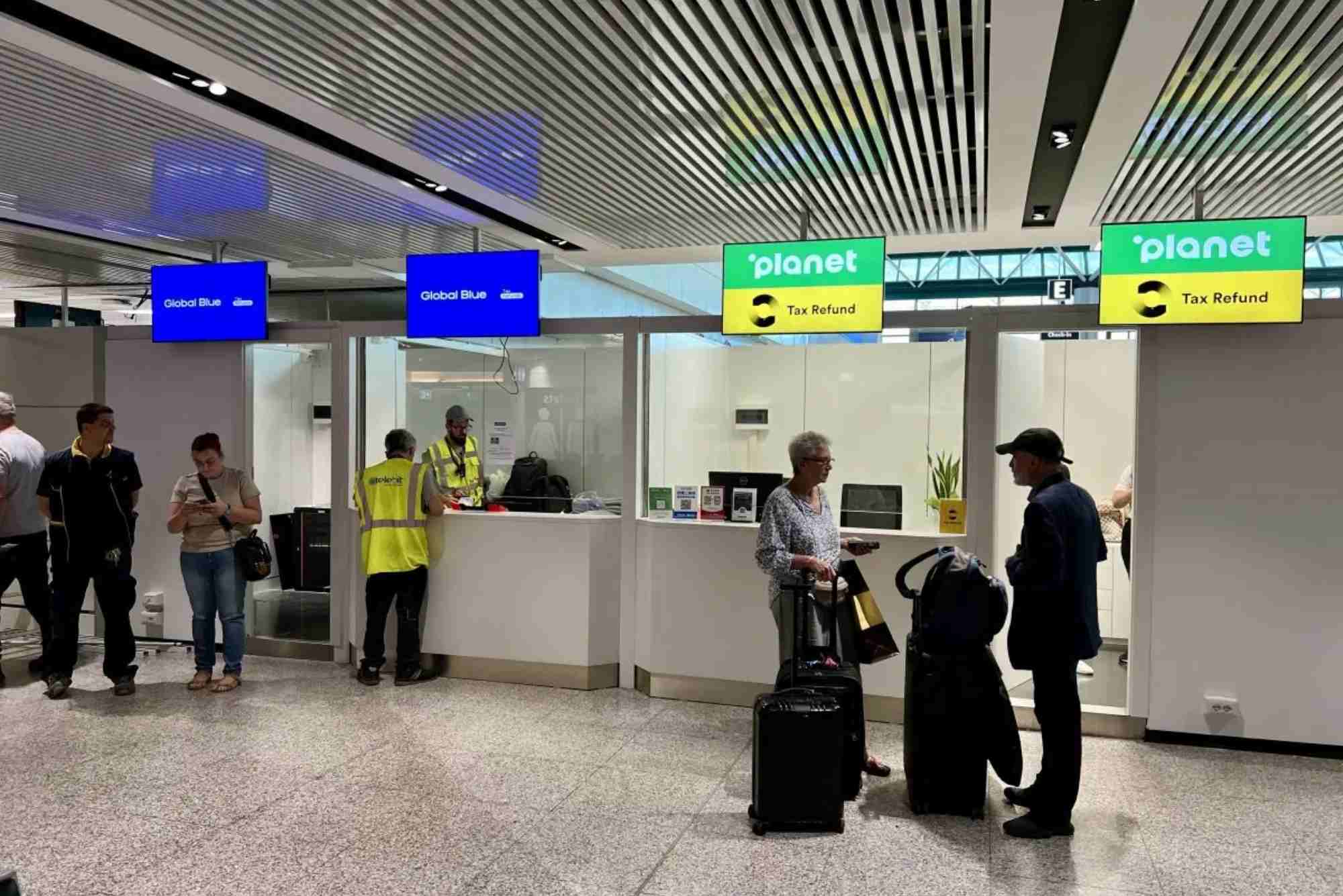Freelancing in Pakistan has become more than just a trend; it is now an economic driver that contributes significantly to the country’s digital economy. According to the Pakistan Software Export Board (PSEB), freelancers contributed over $400 million in annual export revenues, with projections indicating rapid growth in coming years. The government, through programs like the Special Technology Zones Authority (STZA) and Ignite National Technology Fund, has actively encouraged youth participation in digital skills and self-employment.
This article offers a comprehensive look into how freelancing is reshaping livelihoods, creating regional opportunities, and aligning with global digital trends.
The Rise of Freelancing in Pakistan
Quick Answer: Pakistan ranks among the top five countries for freelance growth, driven by digital skills adoption and global demand.
Freelancing platforms such as Upwork, Fiverr, and Toptal have opened opportunities for Pakistani youth to access international markets. Cities like Lahore, Karachi, Islamabad, and Multan are emerging hubs where young professionals offer IT, design, and content services.
-
Pakistan accounts for 4–5% of total freelancers globally.
-
A 2023 Payoneer report highlighted Pakistan as the 4th fastest-growing freelance economy.
-
Rural districts are also catching up due to better internet penetration.
This growth is not accidental—it stems from collective efforts of training initiatives and improved broadband infrastructure.
Government Initiatives Supporting Freelancers
Quick Answer: Government-backed programs like DigiSkills and STZA provide free training and infrastructure for freelancers.
Some key initiatives include:
-
DigiSkills.pk: Pakistan’s largest online training program, offering free courses in digital marketing, freelancing, e-commerce, and graphic design.
-
Ignite National Technology Fund: Provides funding and incubation to tech startups while also enabling freelancers to access co-working hubs.
-
STZA (Special Technology Zones Authority): Establishing tech zones in Islamabad, Lahore, and Karachi to provide tax incentives, office spaces, and skill development.
“Pakistan has one of the youngest populations in South Asia. If nurtured with the right digital skills, freelancing can add billions to GDP annually,” noted a senior official at Ignite.
Why Youth are Choosing Freelancing
Quick Answer: Flexibility, global access, and income potential make freelancing highly attractive for Pakistan’s youth.
Key reasons young professionals shift towards freelancing include:
-
Flexible Schedules: No rigid 9-to-5 model.
-
Global Clients: Access to international buyers with competitive rates.
-
Skill Monetization: Direct earnings from coding, design, and content.
-
Remote Work Culture: Increased after COVID-19, making freelancing normalized.
Universities in cities like Faisalabad and Bahawalpur are now integrating freelancing workshops into their curriculums to prepare students for the global gig economy.
Regional Opportunities Across Punjab and Sindh
Quick Answer: Freelancing growth extends beyond Karachi and Lahore to smaller regions like Bahawalpur, Dera Ghazi Khan, and Sukkur.
Freelancing is no longer limited to metropolitan cities. Rural youth from Punjab and Sindh, particularly from Multan, Rahim Yar Khan, and Hyderabad, are tapping into opportunities due to better digital literacy.
For example, training centers in South Punjab and Sindh’s Sukkur district are producing thousands of new freelancers annually. These regions benefit from community-led initiatives, often supported by local universities and NGOs.
Challenges Freelancers Face in Pakistan
Quick Answer: Payment gateways, lack of mentorship, and inconsistent connectivity remain major challenges.
Although freelancing is thriving, it comes with barriers:
-
Payment Gateways: Limited access to PayPal remains a hurdle.
-
Internet Reliability: Smaller towns still face unstable broadband.
-
Mentorship Gaps: Many new freelancers lack career guidance.
-
Market Saturation: Beginners often face price competition.
Solutions such as JazzCash and Payoneer integrations have somewhat reduced the payment issue, but broader reforms are still needed.
Training Programs and Digital Literacy
Quick Answer: Skill development is central, with DigiSkills and PITB-led programs shaping freelancer readiness.
Some noteworthy training initiatives include:
-
Punjab Information Technology Board (PITB): Runs e-Rozgaar centers in various districts.
-
Virtual University’s DigiSkills: Offering structured freelancing courses.
-
NAVTTC (National Vocational & Technical Training Commission): Providing practical IT and freelancing training nationwide.
In Multan, PITB’s e-Rozgaar center has trained over 10,000 freelancers since 2019, with a majority earning consistent income today.
Freelancing in Pakistan: A Global Case Study
Quick Answer: Pakistan’s freelancers are competing with established hubs like India, Ukraine, and the Philippines.
For example, UAE-based companies often outsource digital work to Pakistani freelancers due to affordability and talent availability. In 2024, a Sharjah-based e-commerce startup reported that 70% of its backend developers were from Pakistan, highlighting the trust global firms place in Pakistani talent.
This alignment strengthens Pakistan’s global freelancing reputation.
Technology Parks and Freelancing Ecosystem
Quick Answer: Tech parks like Dhanote IT Park are providing regional infrastructure for freelancers and startups.
The development of modern IT infrastructure is crucial for freelancers who need reliable spaces and connectivity. Dhanote IT Park, located in Punjab, serves as a hub where young professionals can access training, mentorship, and co-working opportunities. Such technology parks decentralize opportunities, enabling talent in smaller districts to thrive.
Future Outlook of Freelancing in Pakistan
Quick Answer: With government support and private investment, freelancing could surpass $1 billion in annual exports by 2027.
The future of freelancing in Pakistan is promising:
-
More tech parks opening across secondary cities.
-
Increased global outsourcing due to cost efficiency.
-
Potential entry of international platforms like PayPal.
-
Integration of AI, blockchain, and advanced IT skills into freelancer services.
If these elements converge, freelancing will not only empower individuals but also boost Pakistan’s digital exports significantly.
FAQs
Q1. How much can a freelancer earn in Pakistan?
Earnings vary by skill; beginners may earn $200–500 monthly, while skilled professionals can cross $2000.
Q2. Which skills are most in demand for freelancers?
Web development, graphic design, digital marketing, and content writing are highly demanded.
Q3. Is freelancing legal in Pakistan?
Yes, freelancing is legal and recognized by PSEB and government initiatives like STZA.
Q4. How can freelancers in Pakistan receive international payments?
Most use Payoneer, JazzCash integration, or direct bank transfers.
Q5. Are there government-sponsored freelancing programs?
Yes, programs like DigiSkills, Ignite, and e-Rozgaar centers provide free training.
Q6. Which regions of Pakistan are freelancing hotspots?
Major hubs include Lahore, Karachi, Islamabad, and emerging cities like Multan, Faisalabad, and Bahawalpur.
Q7. What is the future of freelancing in Pakistan?
With rising demand and tech support, Pakistan is expected to cross $1 billion in freelancing exports within a few years.
Final Thought
As someone deeply familiar with Pakistan’s digital ecosystem, I believe freelancing represents more than just individual income—it is a socio-economic shift. Having observed how freelancers from Multan and Bahawalpur transformed their families’ livelihoods, I see freelancing as a long-term solution for unemployment and economic decentralization. The presence of initiatives like DigiSkills and infrastructures like freelancing in Pakistan hubs ensures that this movement continues to scale. With consistent support from platforms like Dhanote IT Park and stronger digital policies, Pakistan can cement its position as a global freelancing powerhouse.




